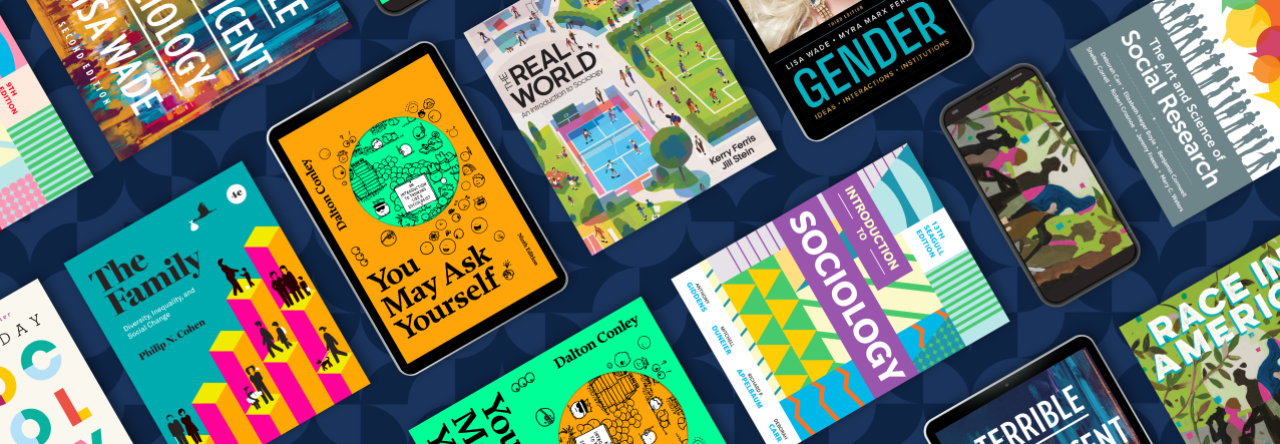
By Monica Radu
Whenever the Kardashians come up in conversation, a common reaction is that they are not “relatable.” While that is true, relatability is not necessarily the goal. Much of everyday life already reflects familiar struggles, including balancing work, family responsibilities, financial pressures, and exhaustion. Those experiences are well known and widely shared.
For anyone less familiar, The Kardashians follows the Kardashian-Jenner family, a group of celebrities and business owners whose fame began with reality television and expanded into fashion, beauty, social media, and brand entrepreneurship. Their lives are highly visible, carefully curated, and shaped by extraordinary economic privilege and public attention.
Continue reading “Not Always Relatable, But Still Meaningful: A Sociological Take on the Kardashians”






